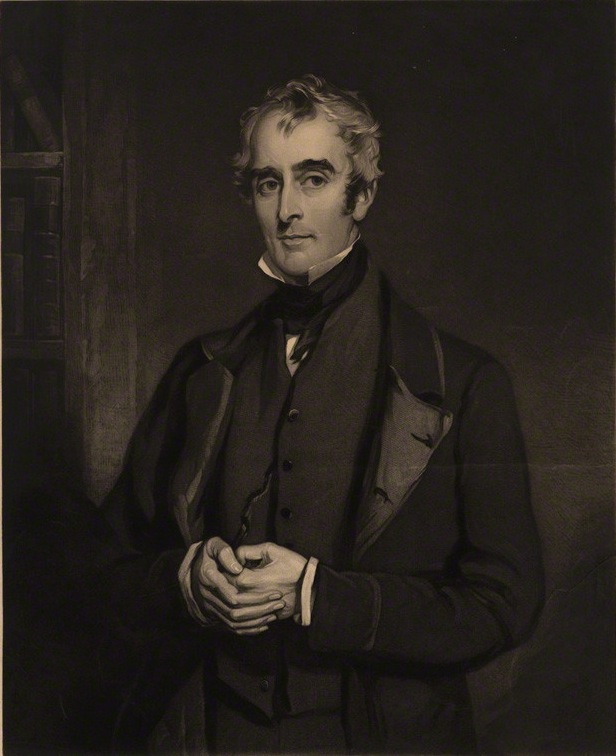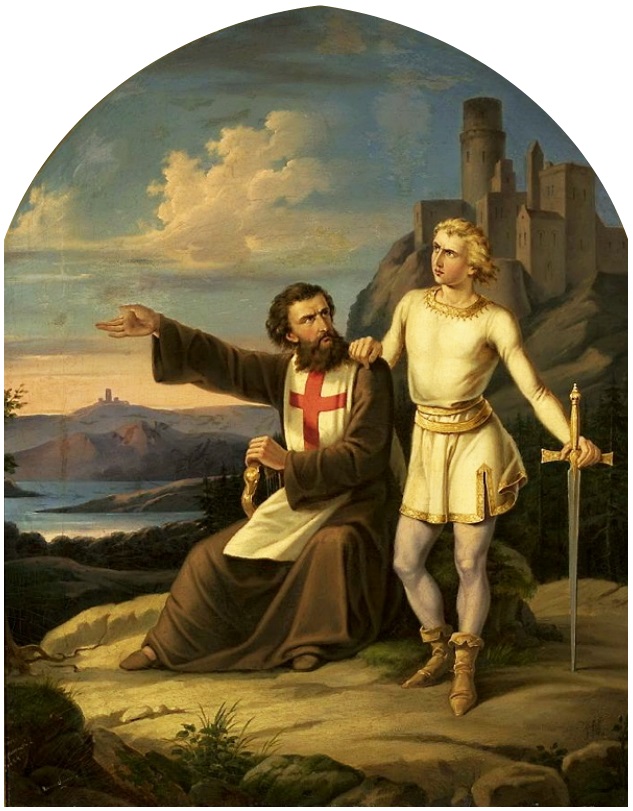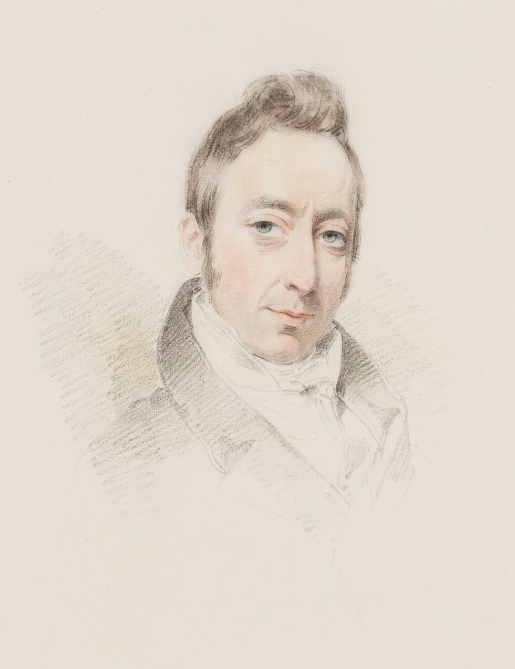|
1828 In Poetry
Nationality words link to articles with information on the nation's poetry or literature (for instance, Irish or France). Events * ''The Southern Review'', an American quarterly literary magazine, begins publication in Charleston, South Carolina, it champions Southern culture and literatureBurt, Daniel S.''The Chronology of American Literature: : America's literary achievements from the colonial era to modern times'' Houghton Mifflin Harcourt, 2004, , retrieved via Google Books (Another, unrelated, publication of the same name was started in 1935) * John Neal, ''The Yankee'' magazine volume 1, the first substantial published criticism of poetry by John Greenleaf Whittier and Henry Wadsworth Longfellow Works published United Kingdom * Edwin Atherstone, ''The Fall of Nineveh'' * Laman Blanchard, ''Lyric Offerings'' * William Lisle Bowles, ''Days Departed; or, Banwell Hill, a lay of the Severn Sea'' * Mary Ann Browne, ''Ada, and Other Poems'' * Thomas Campbell, ''The Poetical Work ... [...More Info...] [...Related Items...] OR: [Wikipedia] [Google] [Baidu] |
Irish Poetry
Irish poetry is poetry written by poets from Ireland. It is mainly written in Irish language, Irish and English, though some is in Scottish Gaelic literature, Scottish Gaelic and some in Hiberno-Latin. The complex interplay between the two main traditions, and between both of them and other poetries in English and Scottish Gaelic literature, Scottish Gaelic, has produced a body of work that is both rich in variety and difficult to categorise. The earliest surviving poems in Irish date back to the 6th century, while the first known poems in English from Ireland date to the 14th century. Although there has always been some cross-fertilization between the two language traditions, an English-language poetry that had absorbed themes and models from Irish did not finally emerge until the 19th century. This culminated in the work of the poets of the Irish Literary Revival in the late 19th and early 20th century. Towards the last quarter of the 20th century, modern Irish poetry tended ... [...More Info...] [...Related Items...] OR: [Wikipedia] [Google] [Baidu] |
John Gibson Lockhart
John Gibson Lockhart (12 June 1794 – 25 November 1854) was a Scottish writer and editor. He is best known as the author of the seminal, and much-admired, seven-volume biography of his father-in-law Sir Walter Scott: ''Memoirs of the Life of Sir Walter Scott, Bart'' Early years Lockhart was born on 12 June 1794 in the manse of Cambusnethan House in Lanarkshire to Dr John Lockhart, who transferred in 1796 to Glasgow, and was appointed minister in the Presbyterian Church of Scotland, and his second wife Elizabeth Gibson (1767–1834), daughter of Margaret Mary Pringle and Reverend John Gibson, minister of St Cuthbert's, Edinburgh. He was the younger paternal half-brother of the politician William Lockhart. Lockhart attended Glasgow High School, where he showed himself clever rather than industrious. He fell into ill-health, and had to be removed from school before he was 12; but on his recovery he was sent at this early age to the University of Glasgow, and displayed so much ... [...More Info...] [...Related Items...] OR: [Wikipedia] [Google] [Baidu] |
Gérard De Nerval
Gérard de Nerval (; 22 May 1808 – 26 January 1855) was the pen name of the French writer, poet, and translator Gérard Labrunie, a major figure of French romanticism, best known for his novellas and poems, especially the collection ''Les Filles du feu'' (''The Daughters of Fire''), which included the novella '' Sylvie'' and the poem "El Desdichado". Through his translations, Nerval played a major role in introducing French readers to the works of German Romantic authors, including Klopstock, Schiller, Bürger and Goethe. His later work merged poetry and journalism in a fictional context and influenced Marcel Proust. His last novella, ', influenced André Breton and Surrealism. Biography Early life Gérard Labrunie was born in Paris on 22 May 1808.Gérard Cogez, ''Gérard de Nerval'' 11. His mother, Marie Marguerite Antoinette Laurent, was the daughter of a clothing salesman,Pierre Petitfils, ''Nerval'' p. 15. and his father, Étienne Labrunie, was a young doctor who had vol ... [...More Info...] [...Related Items...] OR: [Wikipedia] [Google] [Baidu] |
Polish Poetry
Polish poetry has a centuries-old history, similar to the Polish literature. Prominent Polish poets include *Marcin Bielski (1495–1575); Polish historian, chronicler, writer and Renaissance satirical poet, first to use Polish, hence his designation as the father of Polish prose *Mikołaj Rej (1505–1569); first Polish author to write exclusively in Polish and described as a "father of Polish literature" *Jan Kochanowski (1530–1584); commonly regarded as the greatest Polish poet before Adam Mickiewicz * (1540–1599); royal secretary, poet and historian. He wrote in Polish and Latin. Son of Marcin Bielski. *Adam Mickiewicz (1798–1855); regarded as one of the ''Three Bards'' of Polish Romantic literature and a "national poet" in Poland. *Juliusz Słowacki (1809–1849); regarded as one of the ''Three Bards'' of Polish Romantic literature *Zygmunt Krasiński (1812–1859); regarded as one of the ''Three Bards'' of Polish Romantic literature * Cyprian Norwid (1821–1883); re ... [...More Info...] [...Related Items...] OR: [Wikipedia] [Google] [Baidu] |
Konrad Wallenrod
''Konrad Wallenrod'' is an 1828 narrative poem, in Polish, by Adam Mickiewicz, set in the 14th-century Grand Duchy of Lithuania. Mickiewicz wrote it, while living in St. Petersburg, Russia, in protest against the late-18th-century partitions of the Polish–Lithuanian Commonwealth by the Russian Empire, the Kingdom of Prussia, and the Habsburg monarchy. Mickiewicz had been exiled to St. Petersburg for his participation in the Philomaths organization at Vilnius University. The poem helped inspire the Lithuanian and Polish November 1830 Uprising against Russian rule. Though its subversive theme was apparent to most readers, the poem escaped censorship due to conflicts among the censors and, in the second edition, a prefatory homage to Tsar Nicholas I. Though Mickiewicz later disparaged the work, its cultural influence in Poland persists. Plot In a preface, Mickiewicz briefly outlines the history of the region, describing the interactions among the Lithuanians, Prussians, Pole ... [...More Info...] [...Related Items...] OR: [Wikipedia] [Google] [Baidu] |
Indian Poetry In English
Indian English poetry is the oldest form of Indian English literature. Indian poets writing in English have succeeded to nativize or indianize English in order to reveal typical Indian situations. Henry Louis Vivian Derozio is considered the first poet in the lineage of Indian English poetry followed by Rabindranath Tagore, Sri Aurobindo, Sarojini Naidu, Michael Madhusudan Dutt, and Toru Dutt, among others. History Nissim Ezekiel is considered to be a pioneering figure in modern Indian English Poetry.His first book, ''A Time to Change'', was published in 1952. The significant poets of the post-Derozio and pre-Ezekiel times are Toru Dutt, Michael Madhusudan Dutt, Sarojini Naidu, Sri Aurobindo and Rabindranath Tagore. Some of the notable poets of Ezekiel's time are A. K. Ramanujan, R. Parthasarathy, Gieve Patel, Jayant Mahapatra, Dom Moraes, Kamala Das, Keki N. Daruwalla, Arvind Krishna Mehrotra, Shiv K. Kumar, Arun Kolatkar and Dilip Chitre. Rabindranath Tagore wrote primarily in ... [...More Info...] [...Related Items...] OR: [Wikipedia] [Google] [Baidu] |
Indian Poetry
Indian poetry and Indian literature in general, has a long history dating back to Vedic times. They were written in various Indian languages such as Vedic Sanskrit, Classical Sanskrit, Tamil, Odia, Maithili, Telugu, Kannada, Bengali, Assamese, Urdu, and Hindi. Poetry in foreign languages such as English also has a strong influence on Indian poetry. The poetry reflects diverse spiritual traditions within India. In particular, many Indian poets have been inspired by mystical experiences. Poetry is the oldest form of literature and has a rich written and oral tradition. Indian poetry awards There are very few literary awards in India for poetry alone. The prestigious awards like Jnanapeeth, Sahitya Akademi and Kalidas Samman etc. are given away to writers of both prose and poetry. Most of the awards have gone to novelists. Few poets have received these awards. Jnanpith Award The following poets have won the Jnanpith award for their poetry: Firaq Gorakhpuri for his ''Gul-e-Nagh ... [...More Info...] [...Related Items...] OR: [Wikipedia] [Google] [Baidu] |
Henry Louis Vivian Derozio
Henry Louis Vivian Derozio (18 April 1809 – 26 December 1831) was an Indian poet and assistant headmaster of Hindu College, Kolkata. He was a radical thinker of his time and one of the first Indian educators to disseminate Western learning and science among the young men of Bengal. Long after his early death, his legacy lived on among his former students, who came to be known as Young Bengals and many of whom became prominent in social reform, law, and journalism. Biography Early life Henry Louis Vivian Derozio was born on 18 April 1809 at Entally-Padmapukur in Kolkata. His parents were Francis Derozio, a Christian Indo-Portuguese office worker, and Sophia Johnson Derozio, an Englishwoman. His original family name was "do Rozário". Derozio attended David Drummond Dharmatala Academy school from age 6 to 14. He later praised his early schooling for its liberal approach to education, particularly its unusual choice to teach Indian, Eurasian and European children from different ... [...More Info...] [...Related Items...] OR: [Wikipedia] [Google] [Baidu] |
Catharine Read Arnold Williams
Catharine R. Williams (December 31, 1787 – October 11, 1872) was a Rhode Island writer and poet and a leading figure in the Dorr Rebellion in support of universal suffrage. In 2002, she was inducted into the Rhode Island Heritage Hall of Fame. Early life Catharine Read Arnold was born on December 31, 1787 in Providence, Rhode Island to Alfred Arnold, a sea captain, and Amey Read. Her ancestors were prominent members of Rhode Island families, who had distinguished themselves in the American Revolution and in the state government. Her grandfather on her paternal side was Oliver Arnold, who had served as Rhode Island Attorney General. Arnold's mother died when she was a child and due to her father's voyages, she was raised in the care of two aunts. When she was twenty-three years old, one of the aunts married and the other died, leaving Arnold to make her own way. While visiting friends, she met Horatio N. Williams, a descendant of Roger Williams. They married in 1824, in New Y ... [...More Info...] [...Related Items...] OR: [Wikipedia] [Google] [Baidu] |
Carlos Wilcox
Carlos Wilcox (October 22, 1794 – May 29, 1827) was an American poet. Born at Newport, New Hampshire, Wilcox was a Congregationalist minister. He wrote a poem, ''The Age of Benevolence'', which was left unfinished, and which was clearly influenced by the work of William Cowper William Cowper ( ; 26 November 1731 – 25 April 1800) was an English poet and Anglican hymnwriter. One of the most popular poets of his time, Cowper changed the direction of 18th-century nature poetry by writing of everyday life and scen .... References * 19th-century American poets American male poets 1794 births 1827 deaths 19th-century American male writers {{US-poet-stub ... [...More Info...] [...Related Items...] OR: [Wikipedia] [Google] [Baidu] |
Joseph Blanco White
Joseph Blanco White, born José María Blanco y Crespo (11 July 1775 – 20 May 1841), was an Anglo-Spanish political thinker, theologian, and poet. Life Blanco White was born in Seville, Spain. He had Irish ancestry and was the son of the merchant Guillermo Blanco (alias White, an English viceconsul, who had established himself in Seville during the reign of Fernando VI) and María Gertrudis Crespo y Neve. Blanco White was educated for the Roman Catholic priesthood. In Seville, Spain, he had worked with Melchor de Jovellanos, an adviser to the king who advocated reform. After his ordination in 1800, White's religious doubts led him to leave Spain and go to England in 1810. There he ultimately entered the Anglican Church, having studied theology at Oxford and made the friendship of Thomas Arnold, John Henry Newman the Reverend E.T. Daniell and Richard Whately. He became tutor in Whately's family when Whately became the Archbishop of Dublin in 1831. While in this position White ... [...More Info...] [...Related Items...] OR: [Wikipedia] [Google] [Baidu] |
1822 In Poetry
Nationality words link to articles with information on the nation's poetry or literature (for instance, Irish or France). Events *July – English poets Lord Byron, Leigh Hunt and Percy Bysshe Shelley agree to start ''The Liberal'', a quarterly published by John Hunt in London from 15 October; it lasts for four issues. *8 July – Percy Bysshe Shelley, returning from setting up ''The Liberal'' in Livorno to Lerici on the Ligurian Sea of Italy, is drowned as his boat, the ''Don Juan'', sinks in a storm. His decomposed body, washed ashore ten days later on the beach near Viareggio, is identified by a copy of Keats's '' Lamia'' and ''Isabella'' in the jacket pocket and cremated there in the presence of his friends Lord Byron and the adventurer Edward John Trelawny, who claims to have seized Shelley's heart from the flames. He gives it to Mary Shelley, who keeps it for the rest of her life. Shelley's ashes are interred at the Protestant Cemetery, Rome, where Keats was buried t ... [...More Info...] [...Related Items...] OR: [Wikipedia] [Google] [Baidu] |





